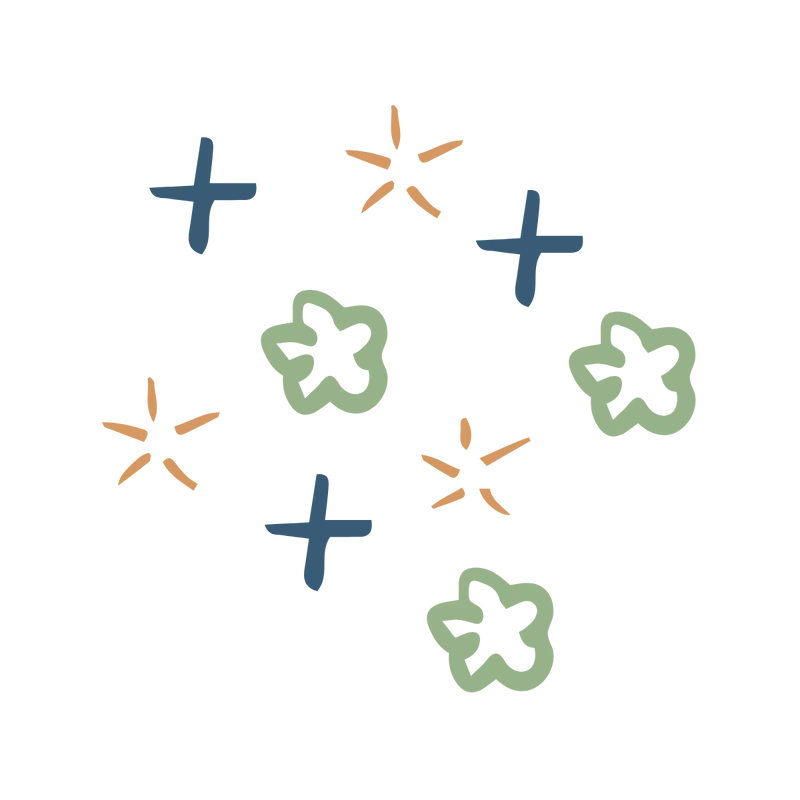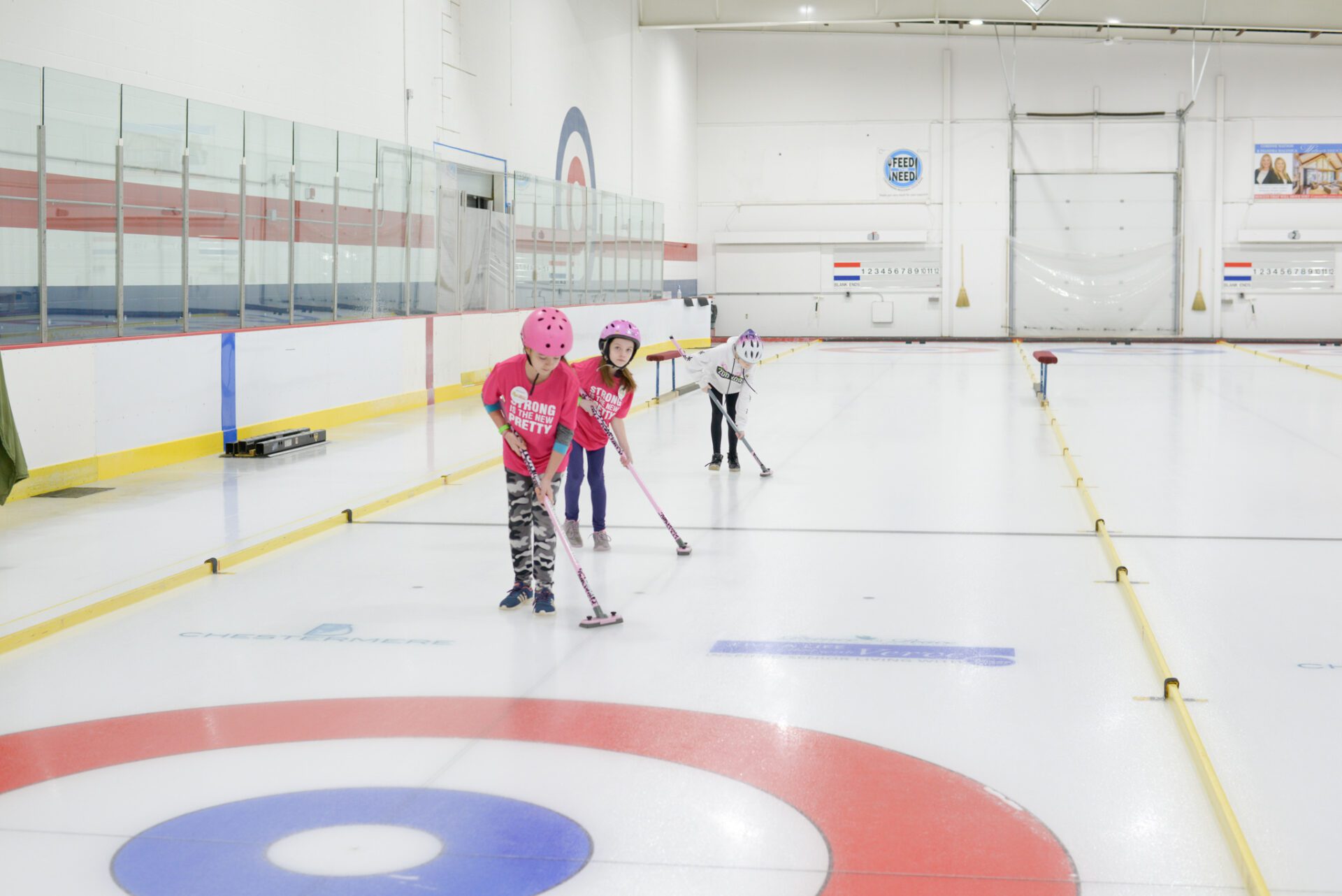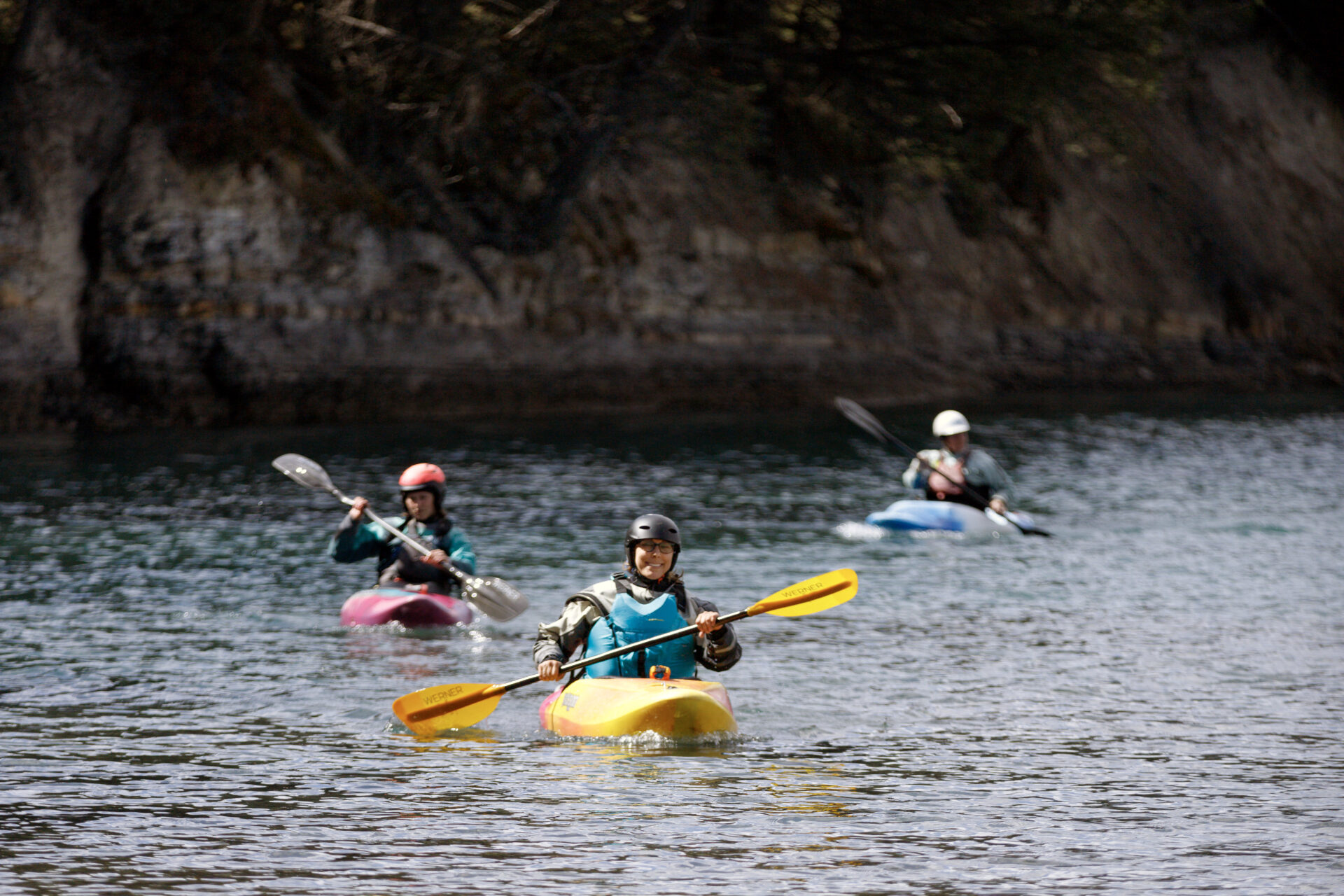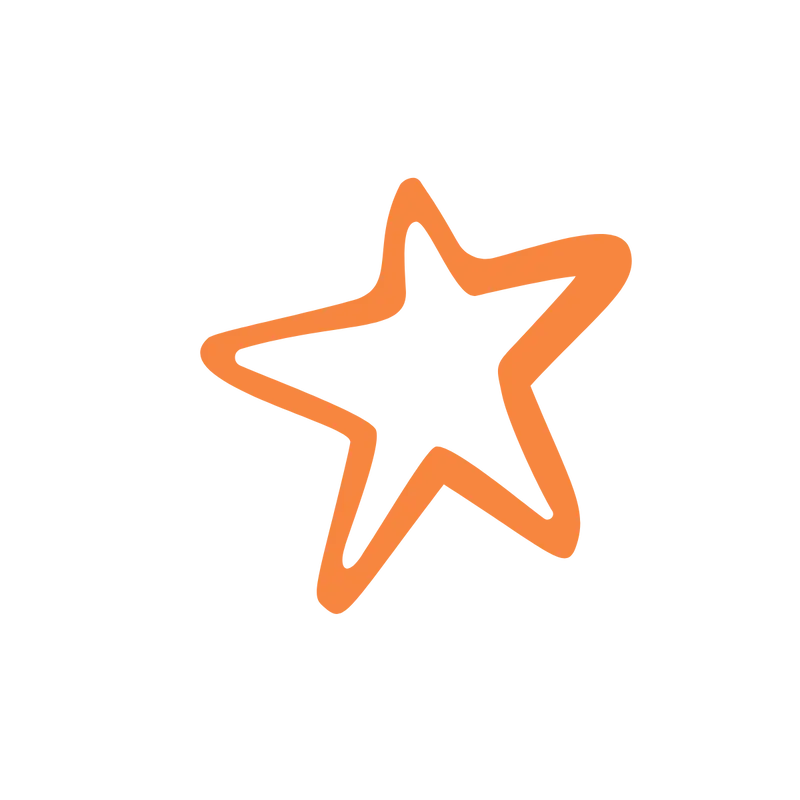Our Vision
We envision a provincial sport, recreation and physical activity system that recognizes equity is fundamental to ensuring women and girls (in all of their diversity) have the opportunity to meaningfully participate, as leaders, coaches, officials, athletes, participants and administrators.
Our Mission
The InMotion Network is an organization that aims to remove barriers for individuals who have been, and continue to be, underserved by our sporting, recreation, and physical activity systems.
Our Commitment to Intersectionality
While our focus is on removing barriers for women and girls, we acknowledge that gender is non binary and just one of the many intersecting categories that contribute to exclusion. We have therefore adopted an intersectional approach, meaning all of our organizational activities and policies account for the ways gender intersects with race, class, sexual orientation, (dis)ability, religion, age and other identity markers to create different forms of discrimination and privilege.


Did You Know?
The Canadian Health Measures Survey (2022 - 2024) shows the lowest levels of physical activity are seen among youth, especially girls. While few changes were observed among preschoolers and children between the period from 2018 to 2019 and from 2022 to 2024, the percentage of youth meeting the physical activity recommendation fell from 50% to 33% among males and from 21% to 8% among females.
Among girls who have participated in sport, there is a dramatic dropout rate observed with 1 in 5 girls leaving sport by late adolescence. A similar number of boys leave sport at this age; however, young men’s participation holds steady through their late teens and twenties, which creates a sizable participation gap between men and women. (Rally Report 2024)
Women and girls experience multiple barriers to participation of regular physical activity (cultural/religious constraints, financial limitations, familial restrictions, age, physical ability, opportunities/experience, individual or group perceptions and/or varied peer pressures).
In 2009, Sport Canada through Canadian Heritage introduced Actively Engaged: A Policy on Sport for Women and Girls, this policy provided a renewed direction for the leadership and programs of Canadian Heritage in promoting and developing a strengthened sport system where women and girls are full, active and valued participants and leaders, experiencing quality sport and equitable support.

Age
39% of women 65+ in AB self report 150 minutes of PA per week (2020)
Education
Post-secondary and high school graduates are more likely to be sufficiently physically active
Income
Those with annual incomes below $20,000 are least likely to be sufficiently physically active
Employment
Employed Albertans are more physically active than those who are unemployed




